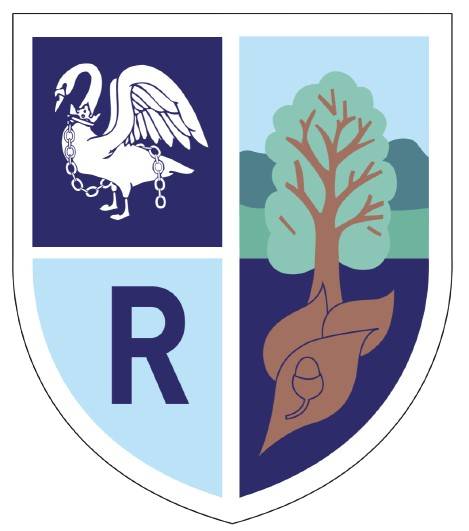Computing
Curriculum statement for Computing
Intent
At Robertswood, we intend to prepare our children to be confident and competent within a world that is heavily shaped by technology. We intend on delivering a modern, up-to-date and holistic computing curriculum to our pupils. With the rise of job opportunities and general use of computing technologies, we are focused on educating our pupils in a variety of aspects of computing.
We recognise that our children, like many others, are using technology on a daily basis at home and school, therefore, within our curriculum, we aim to develop knowledge, understanding and confidence to ensure our children go through education and beyond being able to apply the computing skills they have learnt in everyday situations.
We aim to develop independent learners who are fluent in their understanding of computer science by teaching them how to use a range of programs where they are able to design, create and evaluate their work using specific vocabulary. We ensure that the children have access to a range of hardware and software that enhances their learning across all curriculum subjects.
We designed the curriculum by initially looking at the National Curriculum requirements and what the key elements of that are. We also discussed a need for children to continue to develop digital literacy skills alongside coding, so it was imperative to include both elements. Using a curriculum overview grid, we can guarantee that across each key stage all elements of the curriculum are met.
An overarching theme of our computing curriculum is safety and we teach the pupils to take safety online very seriously.
Implementation
In terms of the computing elements, moving forward from year 1 to year 6, pupils will have built up their skills to be able to both code basic games and troubleshoot different problems and find solutions to those problems. They will also have learnt a lot about computers and networks, and how the wider world is connected, again this is built on throughout the course of a pupils learning. In terms of digital literacy, we ensure that children have developed an understanding and are able to use a variety of different software including office-based products - sometimes as standalone units and sometimes alongside coding units.
Impact
Our curriculum gives the children every opportunity to stretch their learning. Through computing, the teacher is the facilitator of the learning, but does not set limits, for example, we give children an understanding of how to create a basic game, but it is for the children to take that learning a lot further and create levels, scoring, lives from their own trial and error. Those most ambitious can take their games a lot further.
We are teaching our children how to use a range of devices and how to be good digital citizens including, understanding fake news and e-safety, as well as understanding how computing and computers have changed over the years and the way in which they are changing going forward. We also look at artificial intelligence and how computers and technology are heading. We also fully equip them for their learning at Secondary School and beyond by embedding the foundation skills and inspiring the children with what technology can do.
There is a large element of e-safety in our computing curriculum which means our pupils develop a good awareness of how to become a good digital citizen and how that reflects on themselves becoming a good global citizen.
Computing lessons are likely to involve children creating their own original work on the computer. This work forms the principal, but not the only, source of evidence for assessing learning. You can then review with the children what each child has done.
Analysing children’s explanations can also help to assess understanding; some carefully targeted questions about why and how children have chosen to solve a problem or approach a task in a particular way can also help when assessing.
Testing can also be used. For example, debugging challenges can be a great way of testing children’s knowledge of a programming language as well as their ability to think logically.
What do we want for our pupils?
- The ability to pose their own questions and use computing to research appropriately in the search for answers.
- Knowledge of how to use search engines to their most effective.
- The ability to present information in a variety of ways, using a variety of tools, which matches the audience and content.
- To build a sequence of code for purpose.
- To analyse a sequence of code for errors and have the ability to debug the sequence.
- Understand how to safely use internet search engines, including having an awareness of pitfalls.
- Understand which information is not safe to share online.
- Understand what to do if they feel unsafe or uncomfortable online.
- Understand when it is appropriate to use online resources and applications, and when it is appropriate to utilise offline resources.
- The knowledge of how to behave on social media and what is appropriate for social media and messaging.
